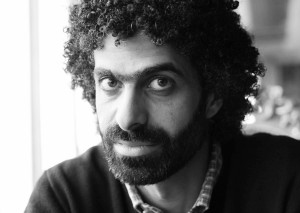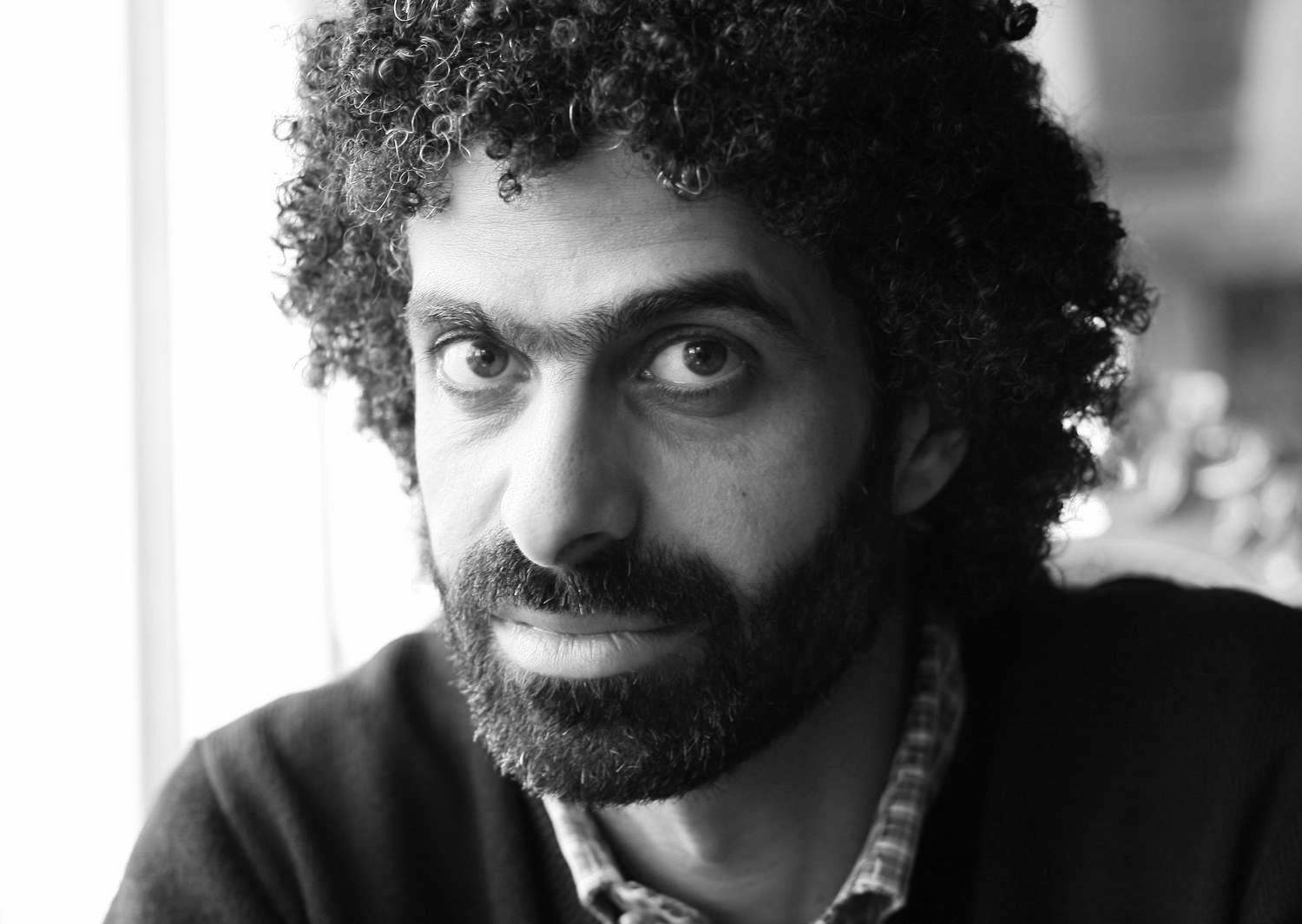
A very straightforward response by some non-Muslims in different contexts, who did not comprehend the amount of anger in the Muslim world expressed against the offending film Innocence of Muslims.
The simplicity of such a comment reflects a deep belief in the concept of freedom of expression, which developed in what is known as the western world after a long struggle to attain it.
This very ignorant and poorly-produced offensive film that insults Prophet Muhammad has all the reasons to make most Muslims very angry and offended as well. Even those who might be labeled liberal Muslims are angry too.
Being angry because of such humiliating and misleading cheap propaganda, I believe is totally comprehensible. But it is a matter of how to express such anger. Muslims in one way or another have shown a great failure of expressing and dealing with their rejection to such a humiliation of their prophet.
Let’s zoom out a little and focus on the press leaks of the phone conversation between the two presidents, Mohamed Morsy and Barak Obama, which took place following the break out of clashes between protesters wanting to storm the American Embassy in Cairo and the Egyptian police trying to protect it.
According to the leaks, if they were accurate, Obama condemned the film and clearly disapproved such an action. However, Morsy expressed in the same conversation some dissatisfaction with the US for initially letting this film see the light.
Such a supposedly diplomatic phone conversation between two presidents agreeing that attacking the American Embassy is a condemned behavior, shows, at the same time, a great deal of cultural difference. The maximum Obama could do was to condemn the film, but Morsy believed that the US should have banned it.
This small disagreement over a phone conversation shows how differences can be significantly bigger the closer you get to the bottom of both societies.
On the one hand you have an American or western society that has struggled for ages to gain their own very well appreciated value, which is freedom of expression. On the other hand, is a Muslim world brimming over love for its prophet, who simply cannot be insulted according to basic Islamic teachings.
What makes it more difficult to the Muslims that they cannot similarly respond by insulting Jesus Christ for example, since all prophets are part of their religion and to be believed in as well.
An interesting observation during the clashes around the American Embassy was that most protesters did not go to prayers in the mosque when callers were heard. Something that repeatedly happened five times a day and for two days. It is a sign showing that even the non-practicing Muslims were totally enraged by the offending film.
Some political analysts say that it was orchestrated by both sides. Conservative anti-Islam groups in the US funding the film’s production and facilitating its screening on 11 September to create some new Islamophobic wave to ride and win some votes.
On the other hand, radical Islamists who currently cannot compete with the recently empowered “moderate” Muslim Brotherhood just wanted to lead the show for once by bringing the masses into the streets.
However, if we assume that those two elements (US conservatives and Islamist radicals) did not exist, Muslims all over the world would still have expressed a great deal of anger. Simply put, you cannot insult their prophet, or even any of the prophets. For example, the Da Vinci Code film, which is offensive to Jesus, is banned in Egypt.
This is actually a pessimistic view of a deadlock in communication between two different civilizations. Freedom of expression gained in the west cannot be fought against it, no one with sensible thinking can.
On the other side, and even if the whole Muslim world was a harmonious peaceful and enlightened nation, which is not the case even in the most developed western countries, anger will always be expressed if Muhammad or God are insulted.
The best we can reach within this clash of values, to avoid turning it into a clash of civilizations, is to work on both sides to respect others’ beliefs and to keep the confrontation exclusively in the form of intellectual debates and the creation of art. Yet, although this is the most optimistic scenario we can aim for, it is one that is extremely hard to achieve.




